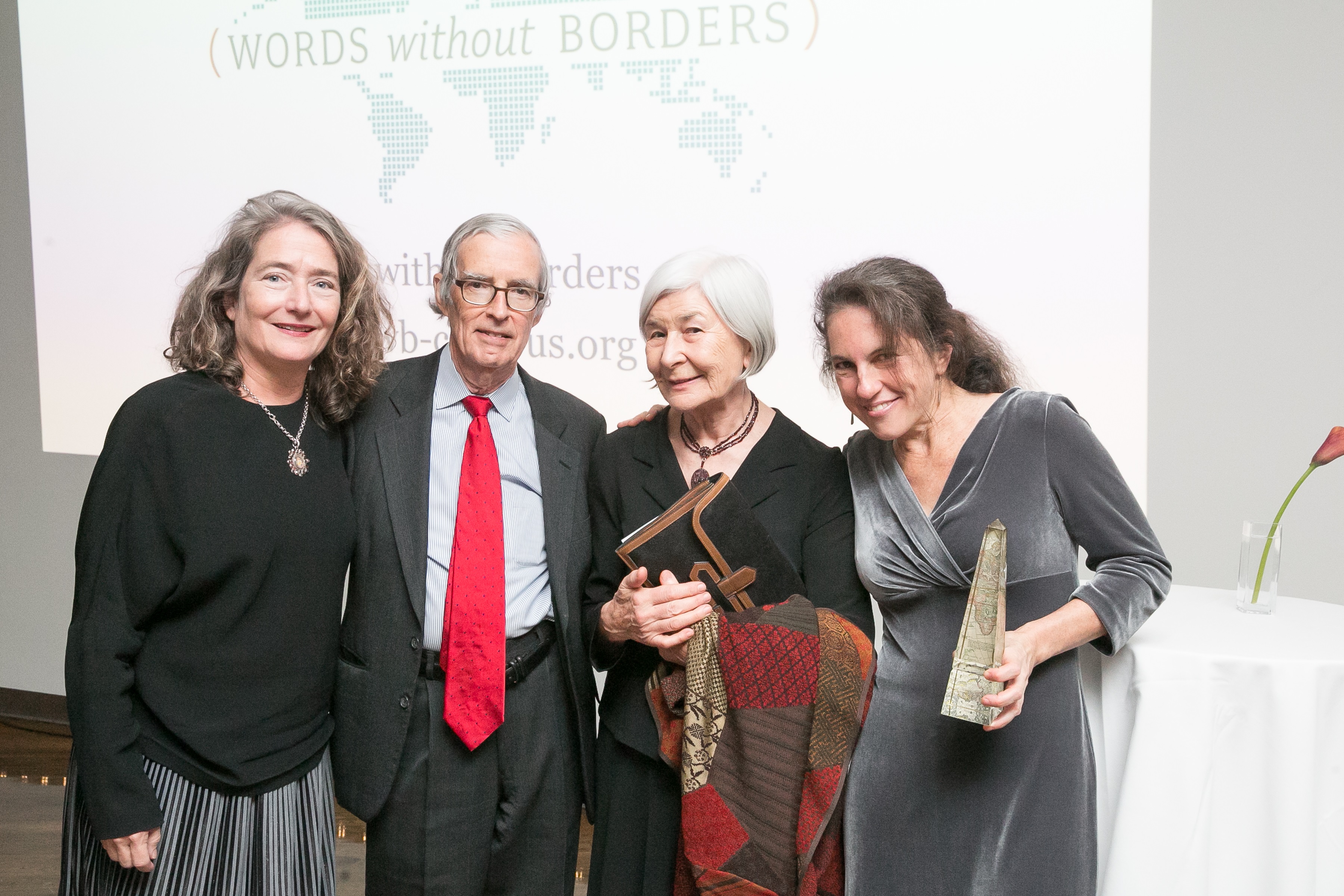In this week’s roundup of world literary news, our team members fill us in on France’s literary awards season and exciting festivals in Greece and the United States. From the race for the Prix Goncourt to feminist literature in Athens, read on to find out more!
Kathryn Raver, Assistant Managing Editor, reporting from France
As the leaves begin to shift their colors, France’s literary scene is shifting into awards season. Last week, Jean-Pierre Montal took home the Prix des Deux Magots for his novel La Face nord, the Prix Medicis announced their 2024 shortlist, and the contenders for the prestigious Prix Femina are to be revealed in just a few weeks. That’s only to name a few!
Perhaps the most esteemed French literary prize, however, is the Prix Goncourt, and the time for its conferral is fast approaching. Awarded annually in November, the Prix Goncourt is bestowed by the Académie Goncourt upon “the best and most imaginative prose work of the year.” They also give separate awards for poetry (conferred this year to Haitian poet Louis-Philippe Dalembert), biography, and a large variety of international works, among others. READ MORE…










